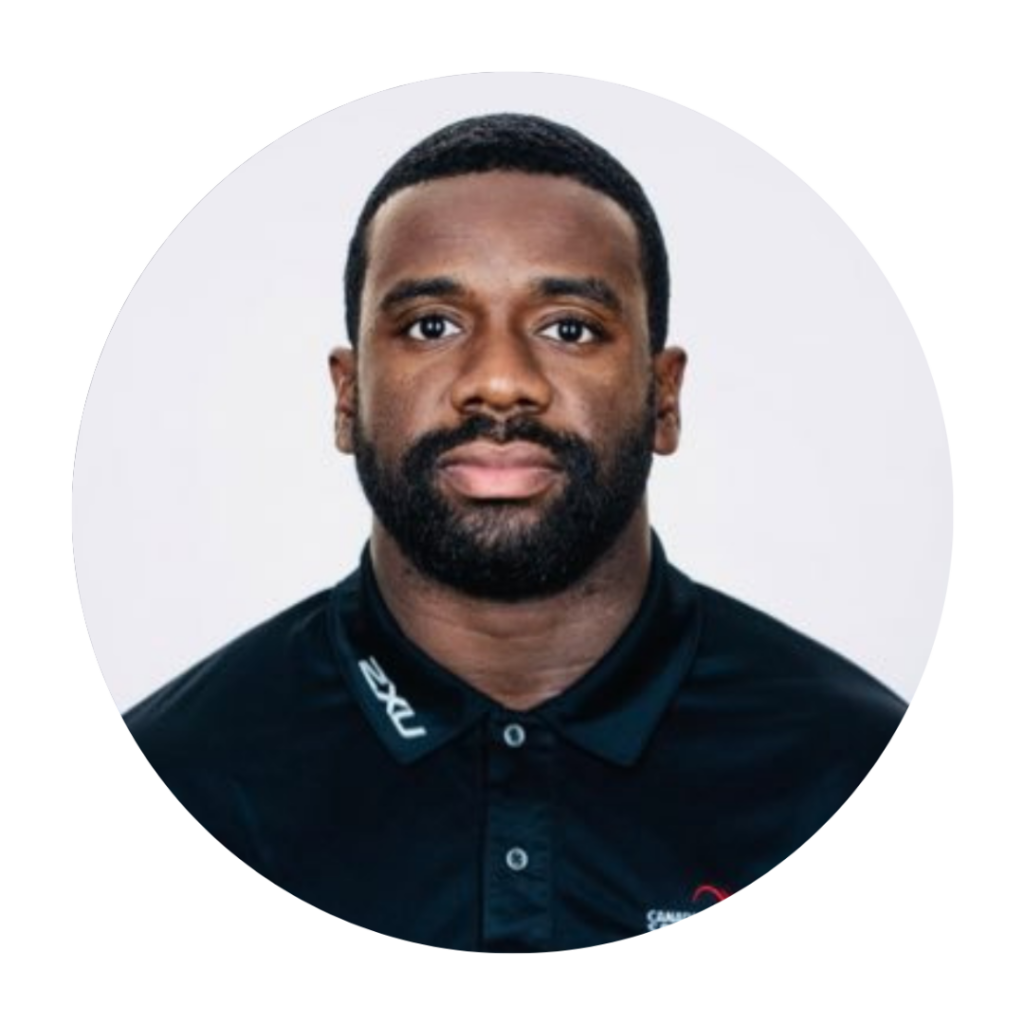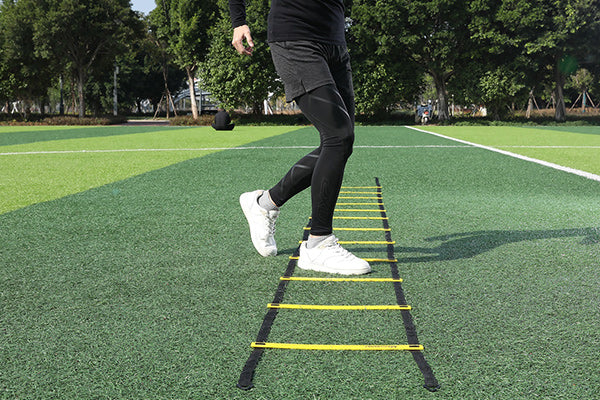
We’re on a mission to simplify sports science and make it practical.
Sports science is complex. However, it can also be used to push the boundaries of human potential and help athletes perform at new levels.
Our purpose is to improve the performance of athletes and teams around the world by simplifying sports science and making it practical.
Our Story…

Owen Walker | Founder, Science for Sport
The story of Science for Sport began in 2014 when I (Owen) was working as the Head of Academy Sports Science for Cardiff City Football Club. Just one week into the job, I was hit with a problem coaches’ have to deal with virtually every day: knowing the answer to a tough (and expensive) question.
My manager asked me if we should spend £50k ($80k USD) on GPS units for the academy. The pressure mounted when he told me he had to make a decision fast due to limited stock.
Honestly, I didn’t know the answer. I wasn’t sure if they were valid and reliable enough to warrant spending almost our entire budget on, and the GPS I’d previously used seemed to bring more problems than solutions.
So, I did the only thing I could: I promised I would do intense research and return with a fact-based answer the very next morning. That promise wasn’t easy to fulfil! I searched everywhere I could to find a concise summary of GPS technology to make sense of it all – accelerometers, gyroscopes, magnetometers, GPS modules, algorithms, etc. I found 5 individual studies.
But they each looked at different brands, models, and algorithms, and none of them even discussed gyroscopes or magnetometers.
I was stressed to the teeth and my hours of painstaking research only turned up contradictions between those 5 jargon-crammed studies. So, I went back to my manager and told him the truth: “I couldn’t find much high-quality information, so I don’t think we should buy them.”
This experience led to an epiphany…
Coaches need a trustworthy and easy-to-understand resource that cuts through the jargon, biases, and contradictions in sports science and only delivers the essential information you need to make smart decisions and evolve your coaching. A resource I wish I had when my manager first asked me that question about GPS units.
That’s when I decided to create Science for Sport. I didn’t want to be an uninformed coach when I was supposed to be the one with all the answers. So, I set out to achieve one important thing; to deliver…
CEU/CPD Provider For






Our 4 Core Values
Always Based On Evidence
All information we create and share with the coaching world will always be supported by high-quality evidence and with no hidden agendas.
Focus On Practicality
We strive to make sure that the information we share is always as actionable as we can possibly make it.
Current & Up-to-date
We want coaches to be making informed decisions based on the latest best evidence. That’s why it’s our aim to ensure our content always contains the latest information and advice.
It Must Be Understandable
Too often the latest research and expert advice is jammed full with jargon and complexities which make it near impossible to comprehend. That’s why we’ve made it a priority of ours to always get-to-the-point simply and do so with zero jargon.
Our Timeline

Our Vision & Mission
Our Vision: What we want to achieve
We want to build a world where coaches working with athletes are more analytical and who make decisions based on evidence and scientific rigour and not just hearsay, personal experience or emotion.
Our Mission: How we plan on achieving it
We aim to build a trustworthy and easy-to-understand resource so that coaches and athletes alike can learn how to use the latest sports science in order to improve sports performance.

Our Manifesto
We’re a movement of evidence-based coaches with a ‘growth mindset’, meaning we’re passionate and committed to ongoing learning and personal development. We believe in the importance of giving our athletes the very best support we possibly can.
We want to eradicate the old-school, fixed mindset coaches from the coaching world.
The ones who do NOT have a growth mindset, who are NOT dedicated to ongoing education, who make decisions or pass on advice based purely on emotion, who simply do things “the way they’ve always been done”, and the ones who do things because that’s how they were coached when they were 15 years old by their friend’s dad, Jeff, the painter and decorator who only had a weekend coaching certificate.
We believe athletes deserve coaches who’re passionate not only about the development of their athletes but also their own personal growth and betterment.

Learn from world-class coaches
Because sports science is a broad discipline, our content is organised into the following categories. We offer a range of educational sports science content, from free online courses to podcasts, articles, infographics, and research reviews






Our latest sports science content
Check out the latest content we’ve published on the realms of sports science.
Meet the Team
The team responsible for managing Science for Sport and bringing you enjoyable content you can trust.

























